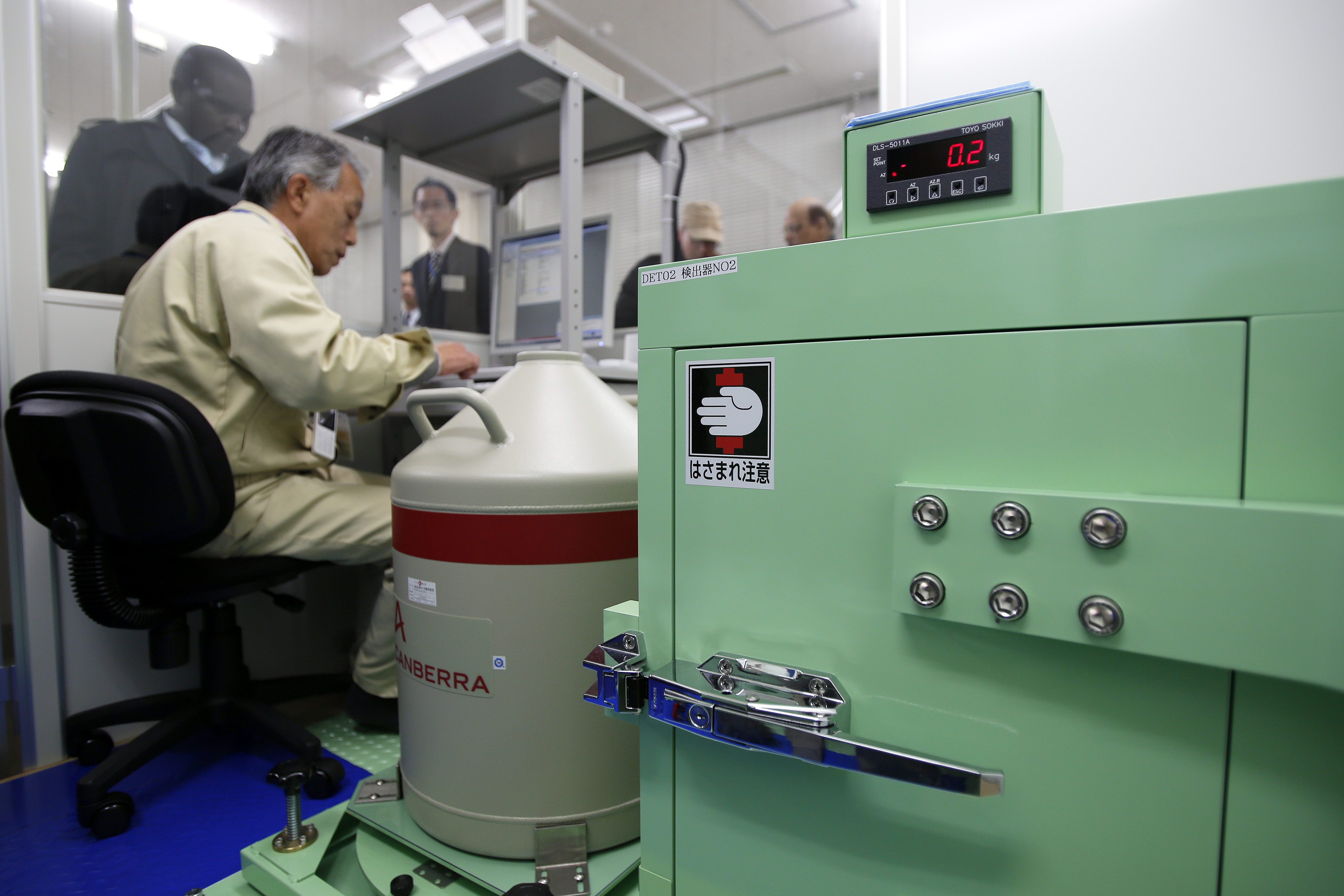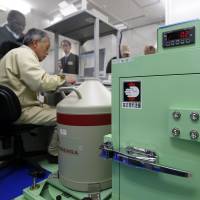Japan will provide documentation on radiation checks for food products exported to Taiwan from next month, according to health authorities in Taipei.
While Japan has been providing such information to other countries since the start of the Fukushima crisis in March 2011, it has never supplied such documentation to Taiwan.
Following months of negotiations, Japan finally agreed to begin providing the documentation to Taiwan in June under a three-month trial program.
Fang Shao-wei, a senior technical specialist at Taiwan's Food and Drug Administration, said in an interview Friday that both sides will discuss after the three-month period whether to extend the trial or officially implement it.
During the trial phase, Tokyo will provide Taipei with radiation checks for 11 categories of food products and Taiwan will continue to apply random checks on those products.
Taiwan began radiation tests on food products imported from Japan immediately after the Great East Japan Earthquake and tsunami caused three reactor meltdowns at the Fukushima No. 1 plant.
As of April 9 this year, all food items tested for radiation were within the safety thresholds set by the two countries.
Taiwan still bans all food produced in the prefectures of Fukushima, Ibaraki, Tochigi, Gunma and Chiba, and conducts random radiation checks on eight categories of food produced elsewhere in Japan. This includes frozen and fresh food, fresh and frozen seafood, dairy products, baby food, mineral water and other products.
Tea was added to the list in 2012, and processed meat products and snacks will be added beginning in June.




